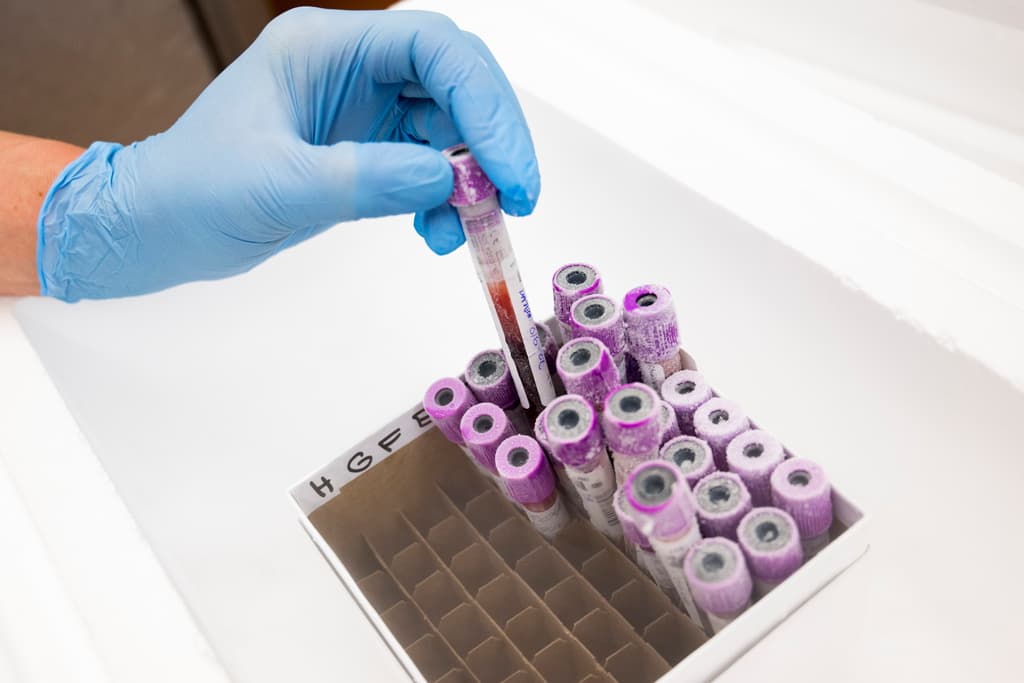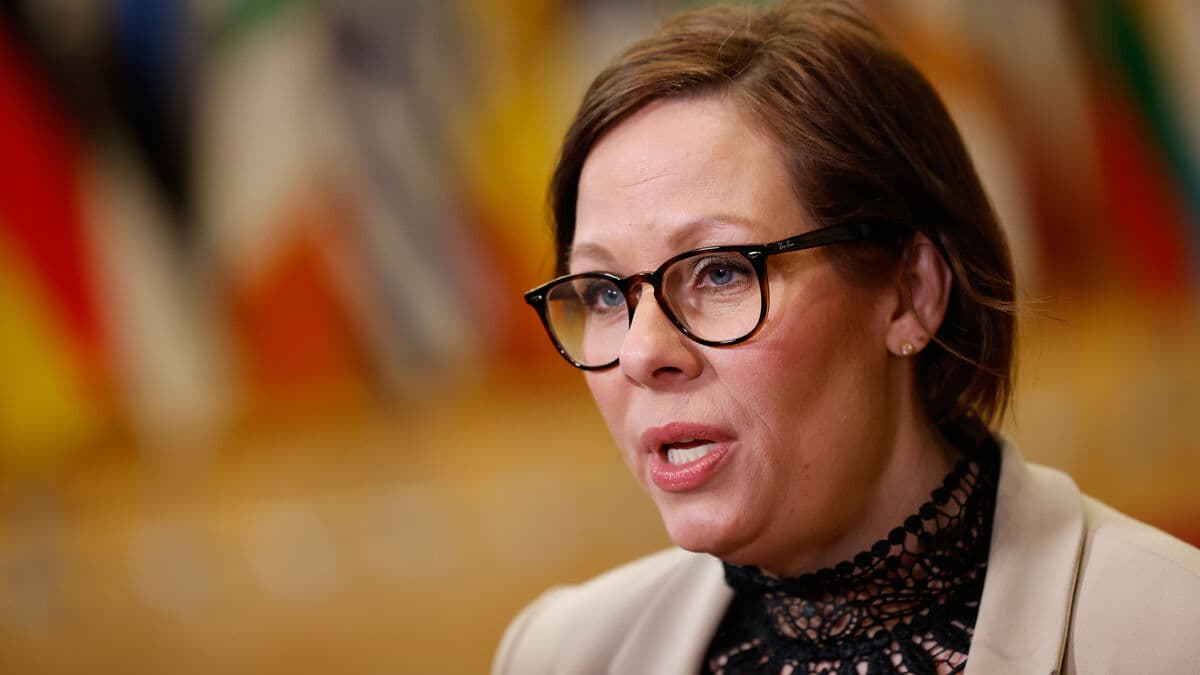Tailored medicine helps more children with cancer. A new study provides increased support for genetic analysis of childhood cancer – something that is already being done in Sweden.
The study shows that precision medicine has an effect on the survival of children with hard-to-treat cancer, says David Gisselsson Nord, professor of pathology at Lund University, who works with and researches precision medicine.
In Sweden, genetic mapping is currently being done as standard when investigating childhood cancer. The aim is to treat the cancer based on its genetic abnormalities rather than its location in the body or how it looks under a microscope.
This is called tailored medicine or precision medicine. The hope is that the treatments will become more targeted and lead to fewer side effects compared to, for example, chemotherapy.
Cancer went into remission
Now, researchers in Australia have published the largest study to date on the effects of using precision medicine for childhood cancer. The researchers saw that 55 per cent of 384 children who received tailored treatment had a remission or stabilisation of the cancer for at least six months.
The study involved children who had a severe form of cancer and who had not been helped by previous treatments. In Sweden, a genetic analysis of all childhood cancers is performed, and this involves around 300 children per year. So far, the analyses have led to at least seven per cent having their treatment changed based on the tumour's genetic profile.
But we have not yet been able to show that it has an effect on survival because we have not been doing it for long enough, says David Gisselsson Nord.
More medicines
But now, the Australian study shows that the children who received tailored treatment had twice the chance of living for two years without the cancer worsening compared to children who received standard treatment.
As more targeted medicines are developed, the alternatives for patients with cancer will become more numerous, according to David Gisselsson Nord. Even cancer forms where there are effective treatments today can eventually switch to being treated with precision medicine.
The hope is that it will lead to fewer side effects, not least those that can persist for several years after treatment, he says.
Initially, the genetic mapping of childhood cancers in Sweden was done as a project. But since 1 May this year, it has been done as a routine, and the regions themselves cover the costs.






